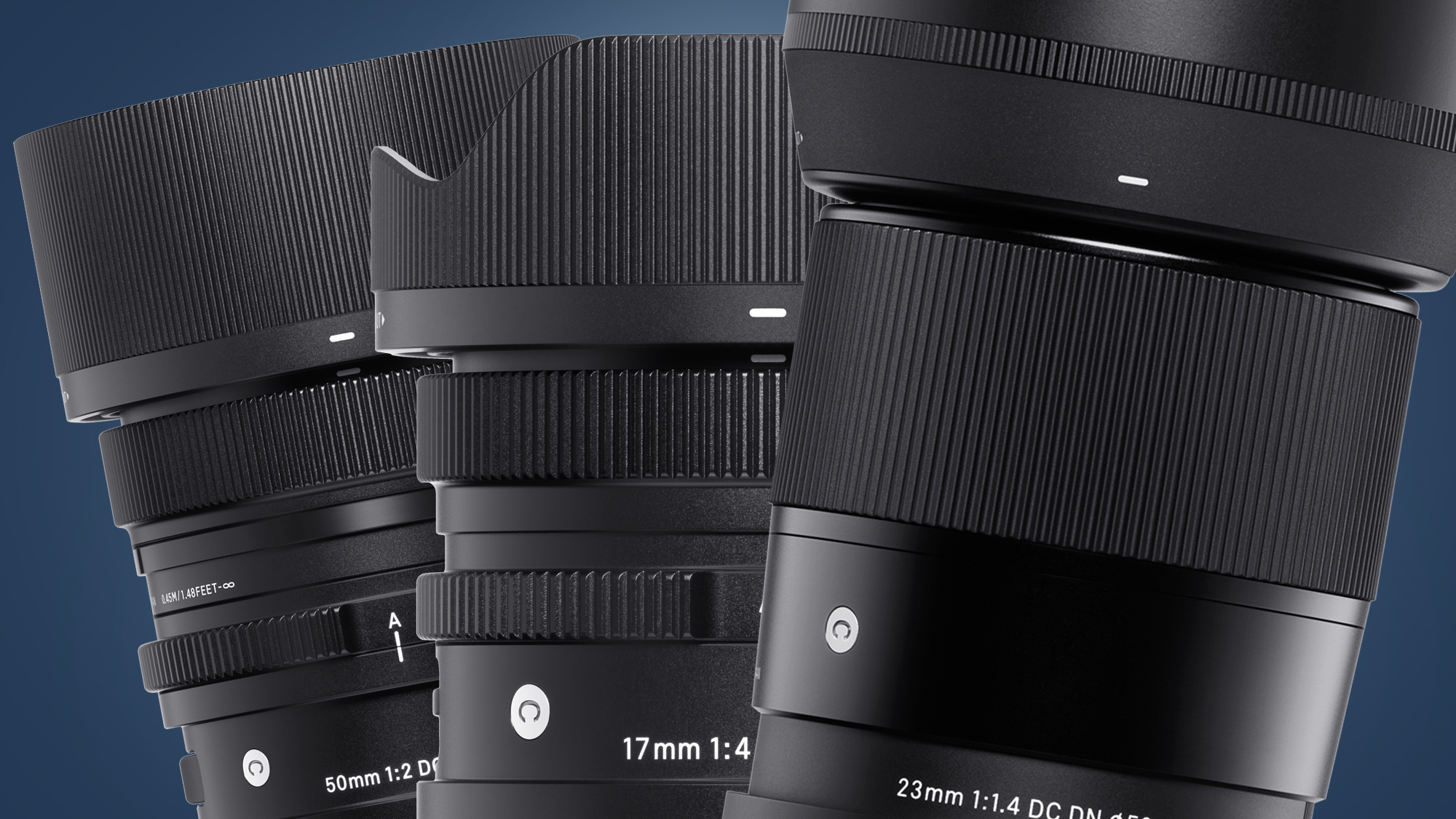Articles

Five Tips for Photographing Flowers in the Landscape
Digital Photography Magazine
Earth Day is just a few days away. What a perfect opportunity to take a moment to appreciate the natural world around us. As spring returns and nature comes back to life, here are five tips for capturing images of flowers in the landscape this Earth Day.

Work Smarter, Not Harder
The most important aspect to keep in mind when preparing for landscape and floral photography is composition. Researching a location before the day of your shoot can save you time and stress. I like to scout a location ahead of time and map out what images I’d like to capture and what locations will deliver the best results.
I love taking advantage of sunrises and sunsets during the spring and fall. Sunrise and sunset provide more visually appealing lighting that I don’t have to manipulate myself. I also enjoy when my subjects are lit with naturally overcast light, and I’ll check the forecast to make sure that the weather is on my side, and I pack a filter if it looks like the day may see more sun. Planning my shoots on overcast days allows me to avoid sharp lines and shadows that can be created when the sun is high and bright.

Come Prepared
As certain locations can be very remote and may require hiking, I try not to overpack. Doing a walk-through prior to shooting day allows for an estimate of travel time and gives you a rough idea of what you may need to plan for.
To prepare for shoots, I always carry bear spray, a satellite GPS device, a knife and water pack. I also like to have research on the location backed up on my phone for future reference in case I don’t have cell phone service. You never know what you’ll run into when trekking through nature, so you want to make sure that you’re always prepared.

Invest in Quality Equipment
If you know what you want to do with your photography, I recommend investing in better lenses.
When capturing images of landscapes and florals, I like to come prepared with a range of options. I shoot with a Nikon Z 6II and D850 and pair them with a Nikkor Z 50mm f/1.2 S, Nikkor Z 20mm f/1.8 S or Nikkor Z 100-400mm f/4.5-5.6 VR S lens and a 2.0 teleconverter. Prioritizing lenses that provide mind-blowingly sharp details and beautiful color production improves your overall workflow and helps when editing in post-production.

Create Work You Feel Passionate About
When scouting subjects in nature and looking for images I like to ask myself, “Do I want this blown up and printed?” As a preference, I like to follow the rule of thirds in my compositions and to make the editing process easier I like to be picky with the flowers I choose to photograph.
Something I’ve learned from photographing nature is that not every flower is worth photographing. You have to find the right one for the story you’re trying to tell—and sometimes that means taking into account which ones have been trampled by hikers and which ones are just about to bloom.

Explore Different Exposure Settings and Angles
During a shoot I like to remind myself to play. Nature is full of wonderful colors and allowing myself to explore those colors through different depths of fields, exposure settings and angles allows for a more interesting story to be told.
I recommend physically moving around while you’re trying to photograph a subject because it may shine a light on a new point of view that you haven’t thought of. When staging an image I tend to follow the direction the wind is blowing and use my phone to capture a rough draft of an image. Once I feel like I have the subject lined up how I want it to be, I’ll bring in my camera and play around with my lens options, exposures and settings. At the end of the day I want to produce an image from my camera that my cell phone can’t produce.
About Lavina Lalchandani
Lavina Lalchandani is an LA-based photographer and Nikon Creator specializing in nature, portraits and astrophotography. She frequently shoots outdoor content and enjoys capturing her travels on her Nikon Z 6II. Lavina grew up in an Indian family that valued achievement in a more traditional sense—going to college, getting a degree, getting a job. She followed that path, but after the loss of a loved one in 2015, Lavina decided that she needed an outlet in which she could express how she was feeling. She turned to photography and found that the more she practiced, the better she began to feel. What began as a tool to express her grief became a successful outlet for exploring her creativity further.
To learn more about Lavina Lalchandani, visit her website at https://lavinalalchandani.com or follow her Instagram at @lavina.lalchandani.
Read More "Five Tips for Photographing Flowers in the Landscape"
The post Five Tips for Photographing Flowers in the Landscape appeared first on Digital Photo.
























